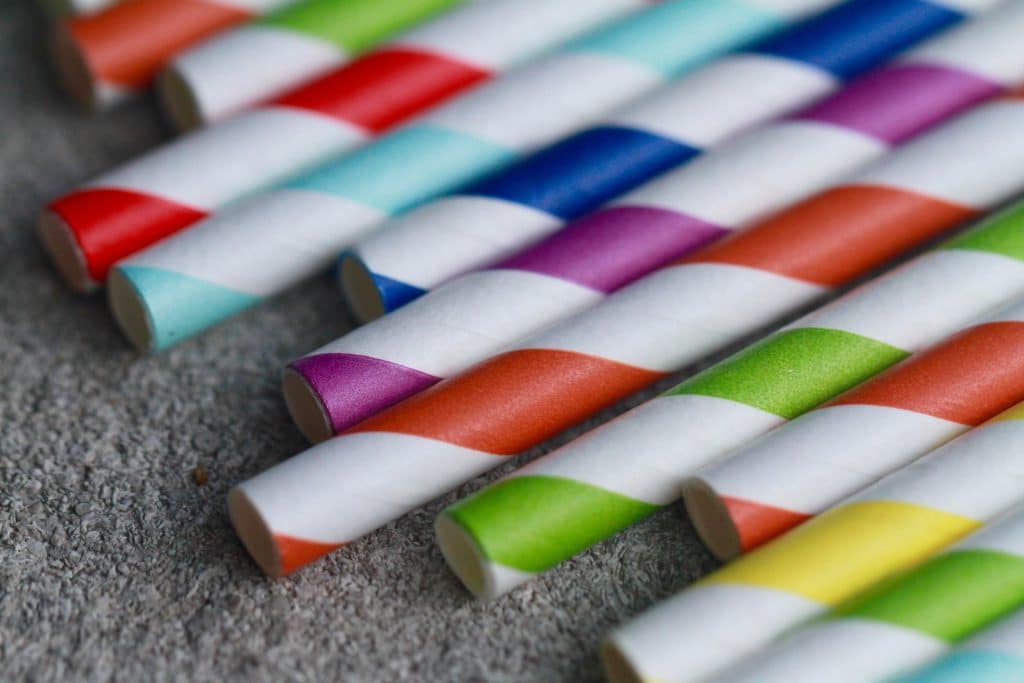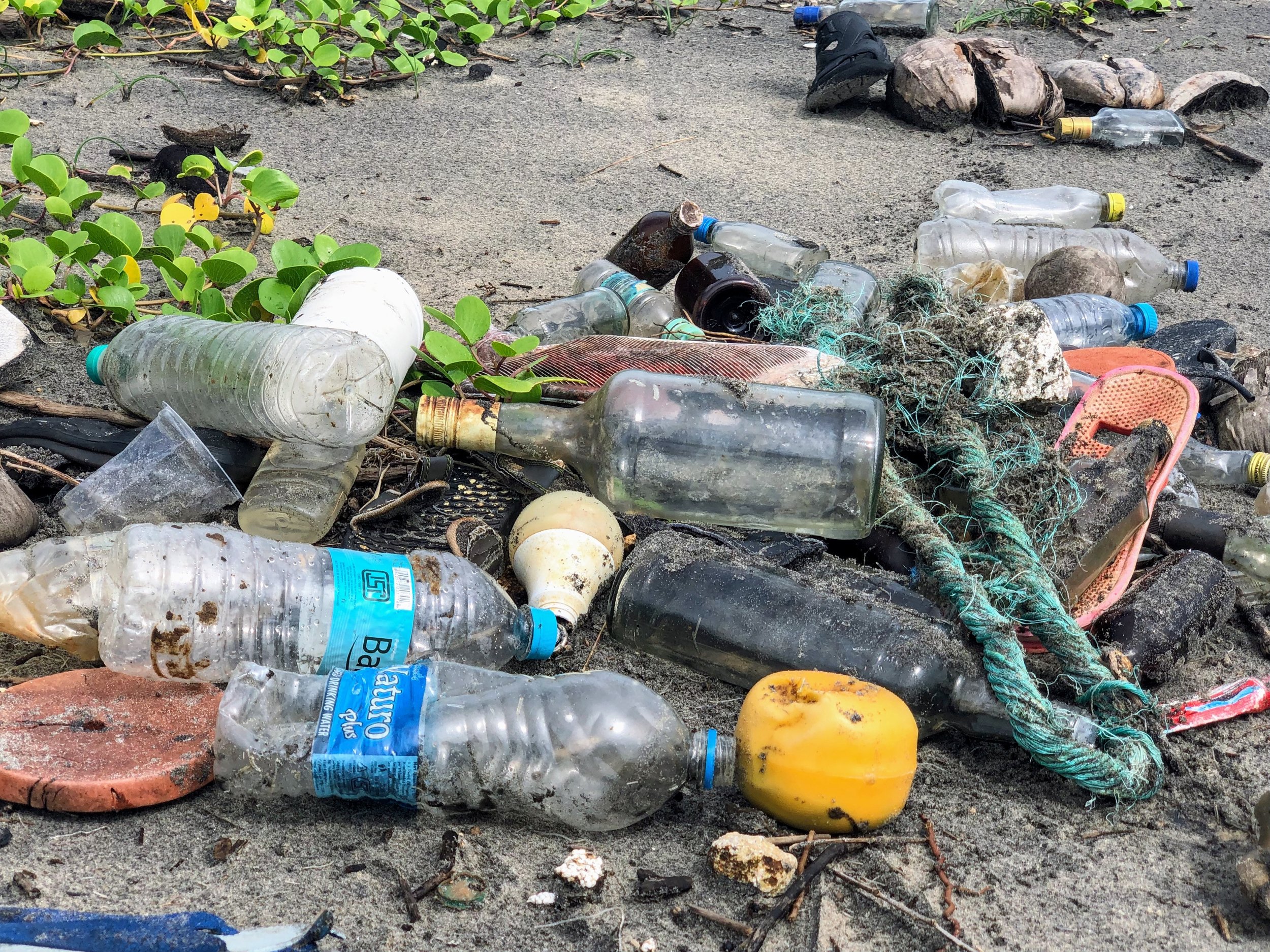
California is on its last straw
Lane Koch, Associate Writer
Starting in 2019, restaurant patrons in California expecting a straw from their server will have to expressly ask for one.
California is the first state in a sweeping trend of cities and business that are making strides to reduce its plastic waste. Seattle, Wash. was the first city to ban single use straws and utensils. Malibu and Miami Beach, Fla.have city bans on straws or straws on the beach, respectively.
Photo credit: Unsplash.com
But local and state governments are not the only ones. Large corporations such as Starbucks and Disney are also taking steps to stop the use of plastic straws by 2020.
The trend has been praised by many environmentalists and conservationists alike as a victory for the environment.
However, environmental issues are never simple and opposition to the California bill has many wondering if the impact will be worth it.
According to a CNBC article, small businesses hoping to maintain straw usage will pay 2.5 cents more for a paper straw than a plastic one. The difference seems small but for the bottom line of a small business, that could mean the cost of an employee’s pay.
Both sides have expressed similar concerns that the movement does not go far enough. A group of Australian scientists estimate that there are up to 8.3 billion plastic straws along the coasts of the world. Unfortunately, that only counts for about .03 percent of the estimated 8 million metric tons of plastics to enter the ocean in a given year. For this reason, some propose the implementation is not worth pursuing.
However, proponents feel this is just the first step in an overall behavioral/ mindset change in America. Dianne Cohen, CEO of Plastic Pollution Coalition, was quoted in a recent article by Business Insider as saying, “We look at straws as one of the gateway issues to help people start thinking about the global plastic pollution problem. They’ve been designed to be used for a very short amount of time and then tossed away.”
For those concerned with germs or individuals with disabilities, straws are necessary for health and enjoyable dining. And while plastic straws are still accessible, many social entrepreneurs are working to find alternatives.
Bamboo, metal, and paper straws have all been in the works for a while now. Yeti, a cooler and accessories company, offers metal straws with many of their cup products while companies such as Starbucks are offering reusable plastic or bamboo mugs as well as straws.
Photo credit: Unsplash.com
Time will tell whether or not this trend from the golden state is here to stay.


